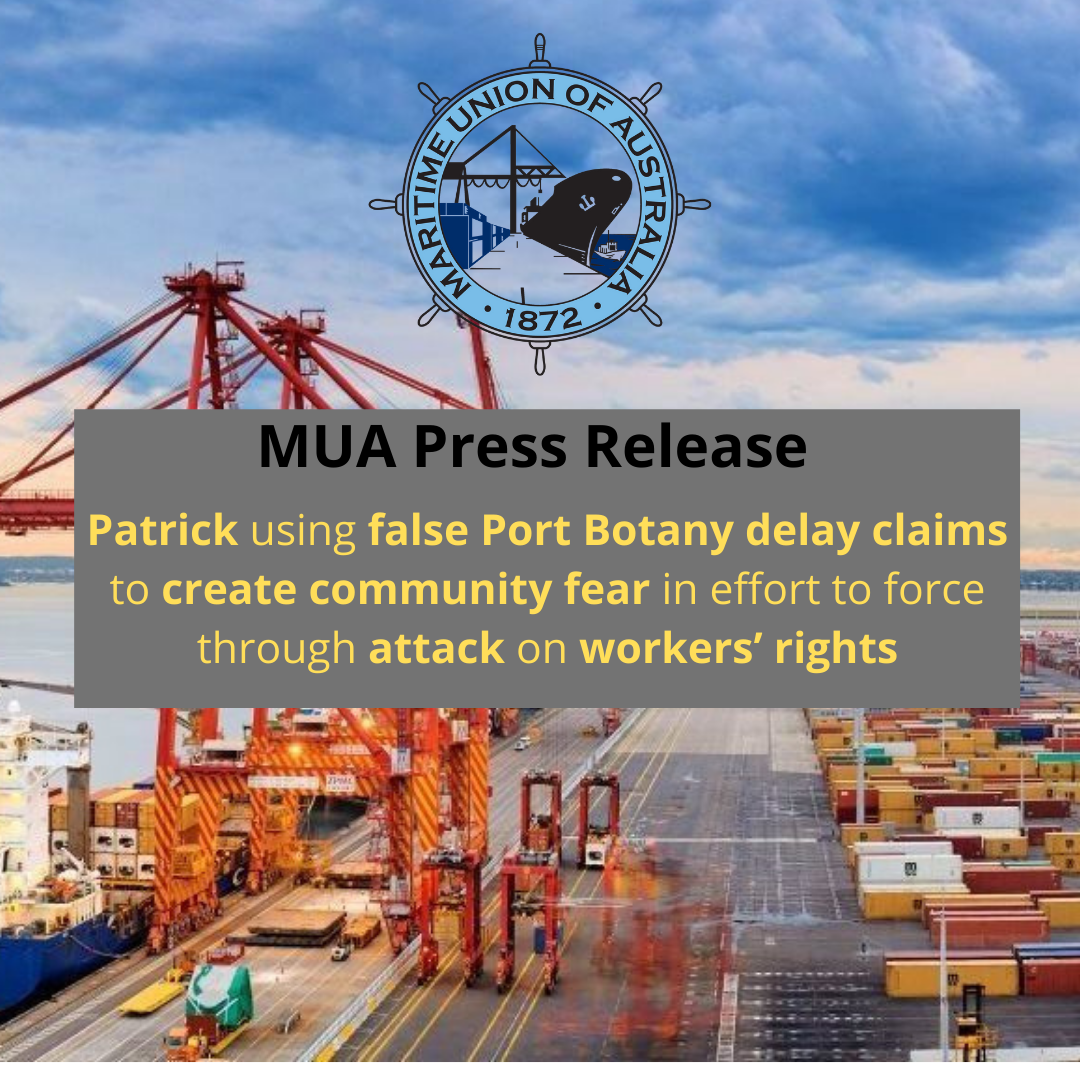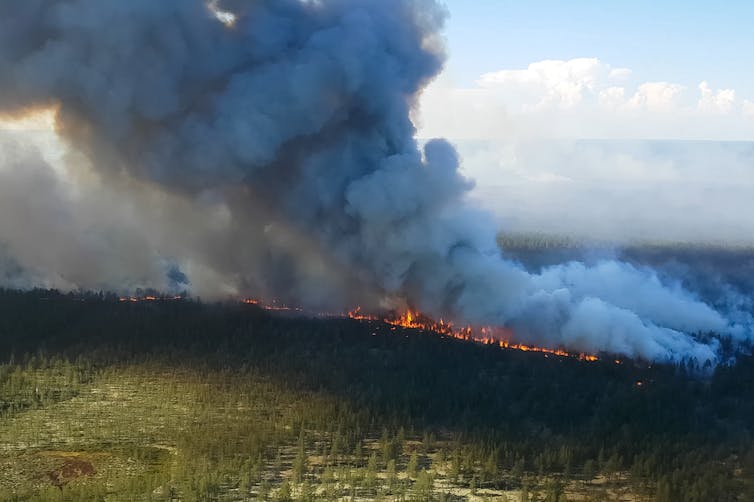The Point.
Peter van Duyn – formerly General Manager Container Terminals, Patrick Corporation (1989-2000) and currently maritime logistics expert, Centre for Supply Chain and Logistics at Deakin University – purports to explain what the dispute between the Maritime Union of Australia and Patrick Terminals is all about.
That is an admirable purpose, to be sure. And one can wholeheartedly agree with him that cool heads are required.
Unfortunately, having spent 20 years as a boss at Patrick – including the dramatic year 1998 he evidently remembers well – Van Duyn seems only able of seeing the world through boss’ eyes.
In his latest piece for The Conversation Australia, Van Duyn starts by claiming that the union “initially asked for a 6% annual pay increase”. Readers will surely feel that sounds exorbitant, yes? I myself would. Australia is going through a recession, after all.
Wednesday, 30 September 2020
Port Botany: Point and Counterpoint.
Tuesday, 29 September 2020
MUA Press Release on Port Botany.
In view of the hysterical misinformation Scott Morrison and Christian Porter have been peddling so as to justify their siding with management and against workers in the dispute between the Maritime Union of Australia and Patricks Terminals, I think I can do no better than to present the other side in this story:
 |
| (source) |
Saturday, 19 September 2020
The Year of Fire.
Wildfires in the western states of the American Union have received considerable attention in Australian media, perhaps because the story looks a lot like what we witnessed here a few months back and because Australian firefighters were sent there to help in the effort to contain the fires.
Much less coverage has been given to fires in the Pantanal in the Brazilian states of Mato Grosso and Mato Grosso do Sul currently affected by a drought. The Pantanal (a Portuguese word whose literal translation is “swamp”), as Brazilians call that area, is a wetland, thus, the numerous pictures of carbonised “jacarés” (i.e. alligators). Readers may remember that last year forest fires had already visited the Amazon rainforest, a little to the north/northeast of the Pantanal.
But it is the wildfires in Siberia (also for the second year in a row) which have received next to no mention in Australian media.
Arctic warming: are record temperatures and fires arriving earlier than scientists predicted?

Thursday, 10 September 2020
Can we Trust the Public Service? (Updated)
No man can serve two masters: for either he will hate the one, and love the other; or else he will hold to the one, and despise the other. Ye cannot serve God and Mammon – Matthew 6:24, KJV
In representative liberal democracies, educational/professional qualifications are not required of candidates to public office. Take an aspirant to the Prime Ministership or the Presidency. There are neither schools offering “Prime Minister 101” courses nor licensing requirements, as there are for would-be plumbers or lawyers.
Sometimes candidates may have somewhat related experience: say, a former state Premier could wind up in the top job. But generally that experience is neither fully compatible (say, a Premier must prioritise public health, a PM focuses on the economy) nor, as far as I can tell, is that the usual situation (how many premiers do you know went on to become PMs?).
In countries under a parliamentary system, unlike those under a presidential system, that extends to Cabinet members: health ministers don’t need to be doctors, say.
That’s why the public service is important: public servants are supposed to provide the expertise their political masters lack. (No doubt readers have heard about the “checks and balances” included in the institutional design of liberal democracies to prevent dysfunction. Arguably, the bureaucracy is another such check and balance.)
Wednesday, 2 September 2020
So, Where do Profits Come From?
 |
| There we go! Geronimooooo! (source) |
For the first time since 1991 Australia registered two consecutive falls in its quarterly GDP figures: we’re officially in recession.
Today ABS released national accounts data corresponding to the June-August quarter and the picture ain’t pretty: GDP growth of -7.0%, the largest quarterly fall on record.
Those interested in those numbers can go here:
 |
| (source) |
Subscribe to:
Comments (Atom)